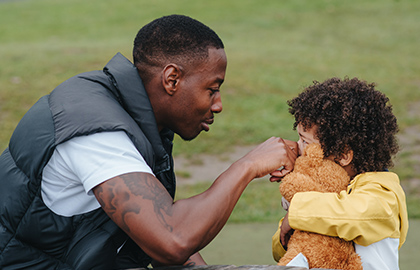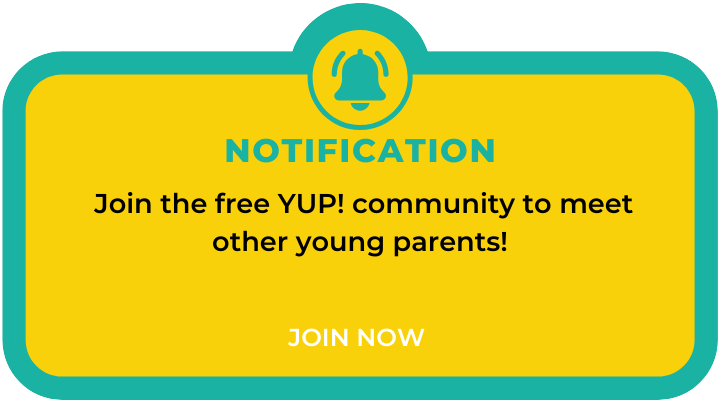How to Say, "I'm Sorry" to Your Kid

We all make mistakes, but how do you respond when your child is affected? Learning to apologize to your little one is an important way to build trust and to model healthy communication. We’ve outlined some tips to help you say “I’m sorry” in a genuinely and impactful way.
Take responsibility for your feelings
Being upset is totally normal, but our first reaction isn’t always the best. Remember that your child is watching you and learning from you all the time. Don’t perpetuate any behaviors, like hitting or cursing, that you wouldn’t want your child to repeat.
Share how you’re feeling
It’s important to share why you felt the way you did; connect your feeling back to the action. For example, if you tripped over a misplaced toy, let your child know what you wouldn’t have fallen if they’d put their toy away. This is a good time to check in with yourself – did you explicitly tell your child not to do the behavior that upset you? If not, there’s a chance they had no idea what they did wrong.
Apologize for your response
Be clear about the behavior you’re apologizing for – this includes explaining why it was inappropriate. If you cursed, you could say “I’m sorry for using bad words while talking to you.” This will help your child to recognize that it’s not okay for others to react to them in the same manner.
Acknowledge their feelings
Your child might be startled or hurt or upset by your initial reaction. When they are ready to reconcile, remind them that you’re there to keep them safe and that you can work together to keep everyone happy. Showing your child how you’re actively learning from your own mistakes helps them learn that they can always improve too.
